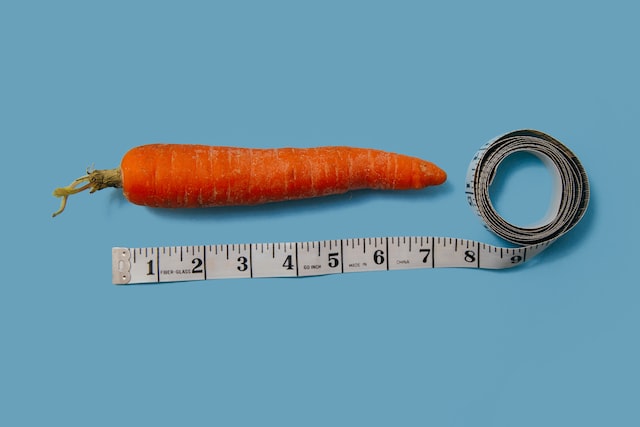
In the first of a new series for Sci&Tech, our writer Benjamin Oakden looks at the science behind the myth that carrots can give you night vision
Eating carrots has many benefits. They are a rich source of fibre, potassium and vitamin A and C, with evidence to suggest that they improve the immune system, cholesterol balance and gut health. One thing they do not do, however, is give you superpowers.
Many parents have used the classic line of ‘carrots help you to see in the dark’ to encourage picky eaters to consume more vegetables. I was definitely taken in by this ruse, with my younger self eating extra carrots in an attempt to gain superhuman night vision. Safe to say, that did not quite work out.
My five-year-old self was not entirely wasting his time however, as the myth is grounded in some science. The carotene that gives carrots their bright orange colour is converted to vitamin A by the body’s enzymes, with vitamin A being essential for good eye health. Vitamin A helps to clear the cornea, the clear covering of the eye that allows light to enter. More relevant to my dreams of night vision though, is that vitamin A is a component of rhodopsin, a protein that allows you to see in low-light conditions. Vitamin A deficiency, which can be common in developing countries, has been proven to lead to night blindness.
While carrots do help to maintain eye health, they certainly do not cause a miraculous improvement in eyesight
That being said, while carrots do help to maintain eye health, they certainly do not cause a miraculous improvement in eyesight. The myth of night vision actually stems from a World War Two propaganda campaign, during which the British government popularised the idea that it was actually carrots that gave Royal Air Force pilots the ability to locate and attack German bombers during night raids. The British successes at tackling night raids actually stemmed from the newly-discovered RADAR technology, which was introduced to the RAF in 1939. In order to keep the technology secret from the enemy, Britain instead popularised the carrot myth.
The British government continued to push the myth throughout the war, as the German submarine raids against British food imports left the country with an increasing need to grow food at home. As such, the health benefits of carrots, including their apparent night vision, were advertised to encourage the ‘dig for victory’ campaign, in which families were encouraged to grow their own vegetables to lessen the demand for food imports.
There is no solid evidence that the Germans actually believed the ruse, especially given the fact that they had also been attempting to develop radar technology throughout the 1930s. However, what cannot be denied is the far-reaching effect the propaganda campaign had on the British people, given the fact that the eye health benefits of eating carrots is still widely known over 80 years later. The science backs up the health benefits of carrots – just do not expect them to give you night vision.
Enjoyed this Article? Check out more from Sci&Tech here:
Climate Questions: Should we Mine the Deep Sea?
Comments